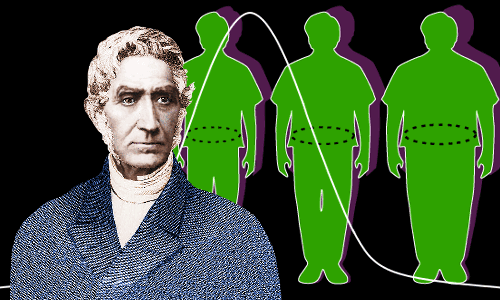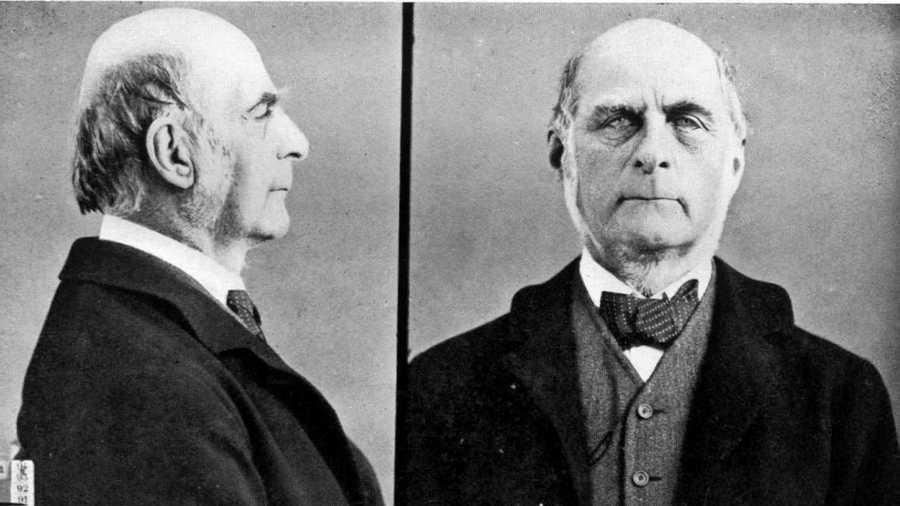Learn more about problemsolving with this collection
Cultivating self-awareness and self-reflection
Prioritizing and setting boundaries for self-care
Practicing mindfulness and presence
Social Physics
Psychohistory is a fictional way to predict the future of humanity, using mathematical techniques.
Applying maths on human behaviour was initiated by Adolphe Quételet in the 19th century, and is in a way the father of ‘big data’ and other statistical analysis that is prevalent today. He called psychohistory ‘social physics’.
174
1.2K reads
Statistics
This is an invaluable tool for the fields of biology, medicine, economics, arts and humanities and the administrative services of the government.
Statistics provides useful tools, but those calculations and assumptions are based on certain constants that can lead to serious mistakes if taken too literally or applied to a large size. These calculations provide usable figures in a ‘quick and dirty’ way.
138
504 reads
Adolphe Quételet's Estimations
Quételet, the mathematician turned astronomer who was performing social physics miracles as the central figure of Belgium science, got better in his game by learning probability theory and making use of his polymath brain. His work included estimations and calculations using the available data and his mathematical and statistical skills. Instead of counting everyone to know the population, Quételet used some reasonable estimates and then multiplied the number of births per year with the ratio of the total population to the annual births.
The new methodology was published in Quételet’s books in the 19th century, like Social Physics (1835) and its newer editions, and caught the imagination of the public. Concepts like the Average Man and the Bell Curve (a normal probability of distribution) simplified complex statistics and made it accessible to the world while being easily quotable and comparable.
140
380 reads
Francis Galton's Eugenics
The data analysis method was adopted by many pioneers in social science which made use of the various techniques and improvised upon them, studying everything from human evolution, human traits, the inheritance of genius and greatness and ways to have better offspring. These methods were named ‘eugenics’ by Francis Galton.
He also invented regression analysis, which eventually led to the study of correlation, which is the degree of relationships between two different sets of data.
141
329 reads
Poll Predictions
One of the biggest implications of social physics turned out to be election results and the surveys that provide accurate poll result predictions.
Random samples worked in some cases, and the ‘central limit theorem’ calculated a mean value to find out the smallest sample that could work in providing accurate predictions.
130
283 reads
Patterns Of Human Behaviour
Our public records, the internet and social media have provided a lightning-fast way to collect data and predict outcomes.
Telephone calls, search history, credit-card purchases and global online trends provide us never-before windows to understanding and predicting the patterns of human behaviour.
139
402 reads
CURATED BY
More like this
4 ideas
1 idea
World Population Clock: 7.96 Billion People (2022)
worldometers.info
8 ideas
IQ Test 101
verywellmind.com
Read & Learn
20x Faster
without
deepstash
with
deepstash
with
deepstash
Access to 200,000+ ideas
—
Access to the mobile app
—
Unlimited idea saving & library
—
—
Unlimited history
—
—
Unlimited listening to ideas
—
—
Downloading & offline access
—
—
Personalized recommendations
—
—
Supercharge your mind with one idea per day
Enter your email and spend 1 minute every day to learn something new.
I agree to receive email updates



